Articles
Knowledge Center
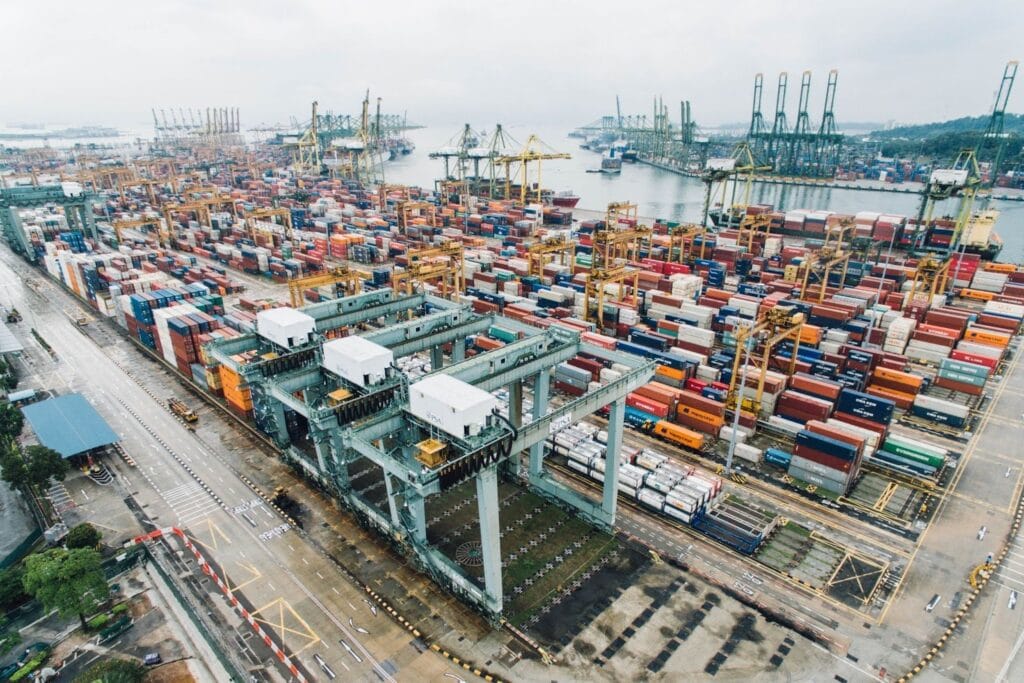
Inbound Logistics: Processes, Comparisons, and Optimization vs Outbound Logistics
Both inbound and outbound logistics play important roles in the processes, comparisons, and optimization of supply chain management that businesses must understand to achieve maximum efficiency. These two types of logistics are essential for the smooth functioning of an organization’s operations. This blog post will provide a thorough overview of inbound and outbound logistics, […]
Read More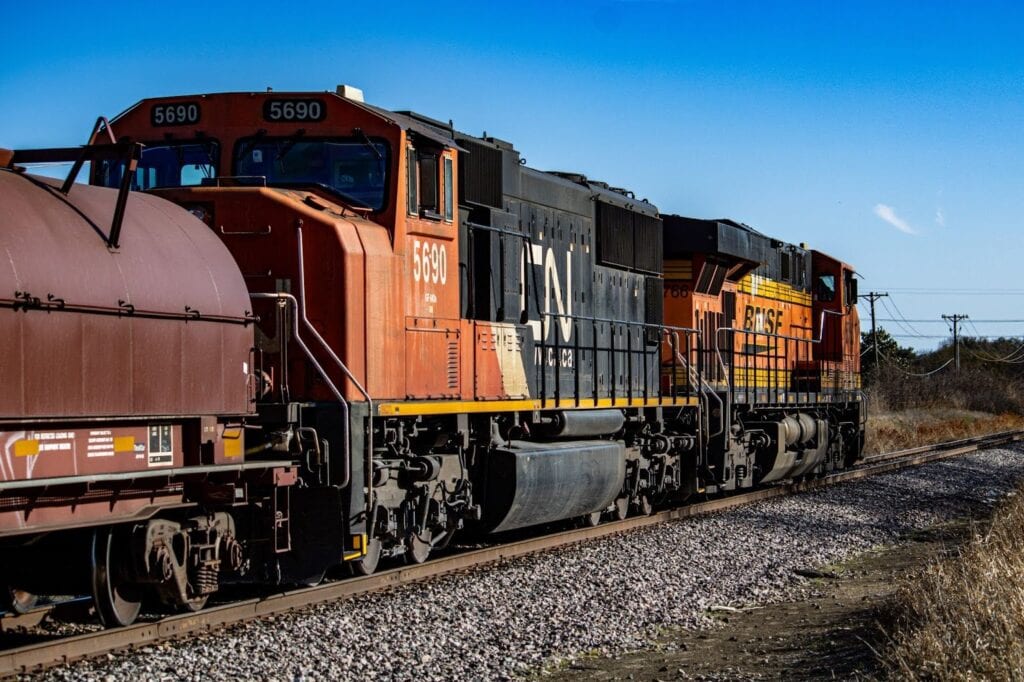
Types of Train Cars: Definition and Use of Modern Rail Cars
Types of Freight Trains: Definition and Use of Modern Rail Cars Freight trains have been the backbone of modern industries for centuries, ensuring the seamless movement of commodities from one place to another. As the transportation landscape evolved, so did the types of freight trains, with rail freight transport growing increasingly sophisticated to handle diverse […]
Read More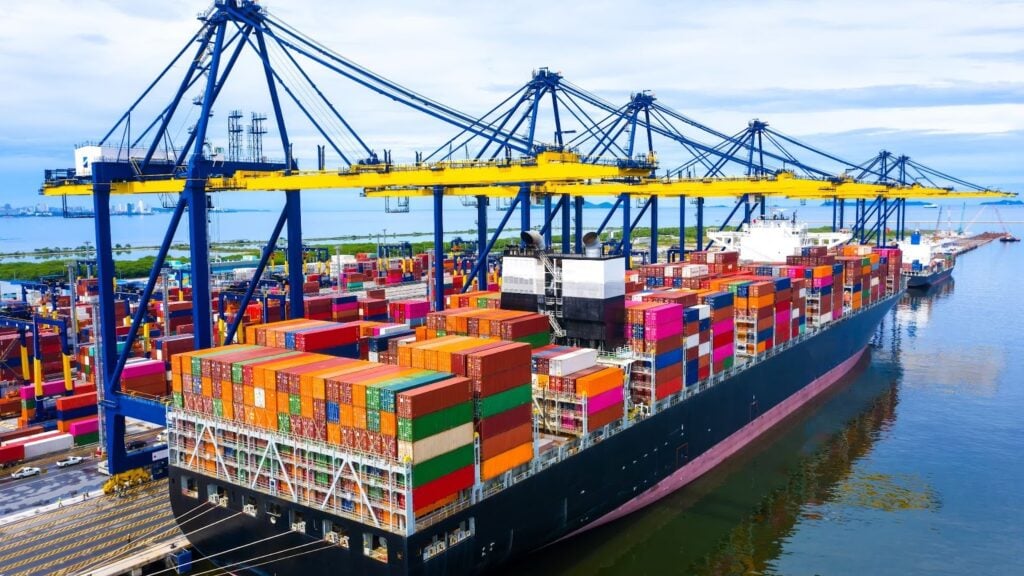
Received for Shipment Bill of Lading: Definition, How It Works, and Importance
Received for Shipment: Definition, How It Works, and Importance Understanding the concept of ‘Received for Shipment’ is important in the shipping industry. This notation indicates that the carrier has received the cargo at the port facility for loading onto a specific vessel or voyage and serves to acknowledge receipt of the items for shipment. […]
Read More
Logistics Management: Definition, Functions, and Benefits
Logistics management functions encompass various activities and processes critical to the success of businesses across multiple industries. Understanding how these functions work and their importance is vital for any company aiming to optimize its supply chain, reduce costs, and improve customer satisfaction. From ensuring inventory management is spot on to navigating the complexities of transportation […]
Read More
Supply Chain Risk Management: Definition, Examples, and Strategies
In an interconnected global economy, smooth supply chain operations are crucial to business success. Yet, with myriad variables and dependencies, supply chains are exposed to many potential disruptions and all types of supply chain risks. Enter supply chain risk management. Supply chain risk management is a strategic approach to identify, assess, and mitigate risks […]
Read More
Insourcing vs Outsourcing: Definitions, Advantages, Differences
As businesses seek to gain a competitive edge while controlling costs, understanding the nuances between insourcing and outsourcing is essential for their success. Throughout this blog post, we will dive into the definitions of both insourcing and outsourcing practices. Then, we’ll explore their advantages and potential drawbacks in various scenarios. Furthermore, we will provide insight […]
Read More
What is Gross Weight? Differences and Calculations vs Net Weight
International shipments need the net, gross, and tare weights to ensure vessels are not overloaded. In addition, the quotes, paperwork, and bill of lading indicate which weights, including the vehicle’s own weight, determine the shipment costs for the given freight company. Understanding the differences between the types of weights is critical to interpreting the paperwork. […]
Read More
Utility Box Trucks: What Are They, Essential Features, and Benefits
Utility box trucks are vital for small business owners in industries like construction, landscaping, and maintenance. These service and utility trucks provide essential storage, organization, and transportation for tools and equipment. Their versatility makes them indispensable for businesses that rely on efficiency and mobility. From keeping tools secure to offering a professional appearance, they meet […]
Read More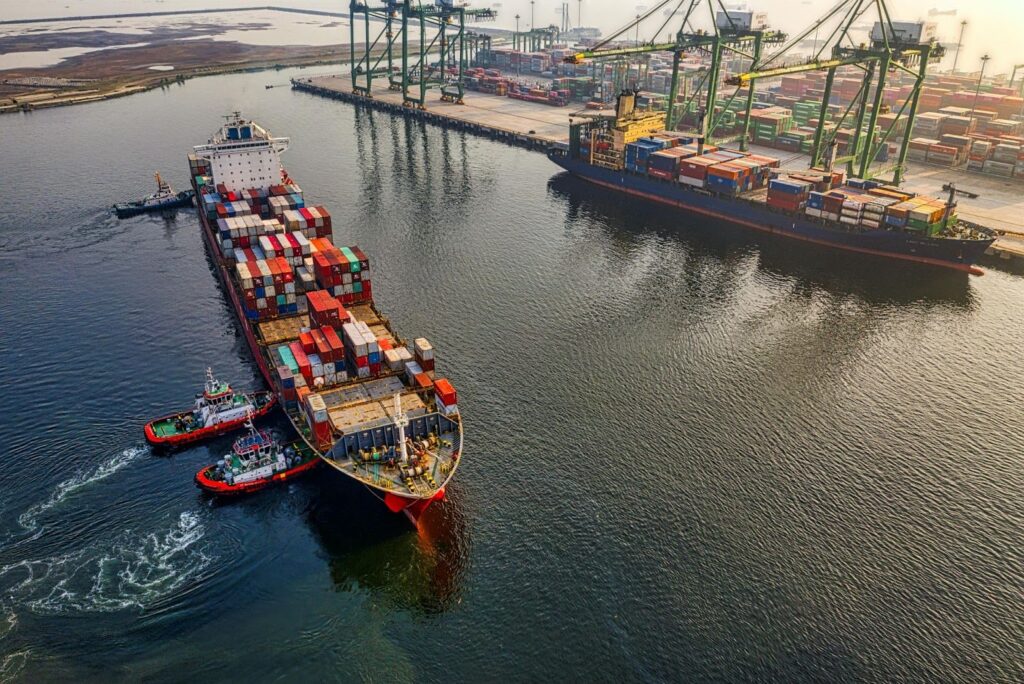
Shipper Owned Container (SOC): What It Is, Types, and Benefits
Shipper owned containers (SOCs) offer businesses more control over their shipping needs and flexibility compared to carrier owned containers (COCs). These shipping containers are purchased or leased by businesses, allowing them to manage container ownership without relying solely on shipping lines. In recent years, the use of SOCs has grown significantly, with businesses increasingly looking […]
Read More
Work in Progress (WIP) Inventory: Definition, Importance, and Calculations
Understanding and managing work in progress inventory is essential for keeping your production process efficient and reducing manufacturing costs.
Read MoreShipping Container Sizes: Dimension, Costs, and Types
Efficient cargo management starts with understanding the right shipping container sizes for your specific needs. Every shipment relies on selecting the appropriate container to ensure safe, cost-effective transportation. Whether you’re moving standard dry goods or delicate, temperature-sensitive items, the dimensions and features of shipping containers are crucial. Picking the wrong container can lead to wasted […]
Read More
Raw Materials Inventory: Explanation, Benefits, and Tips
Understanding how to manage raw materials inventory is crucial for smooth business operations. By implementing best practices like regular audits, using software, and improving inventory turnover, businesses can control costs and optimize their production process.
Read More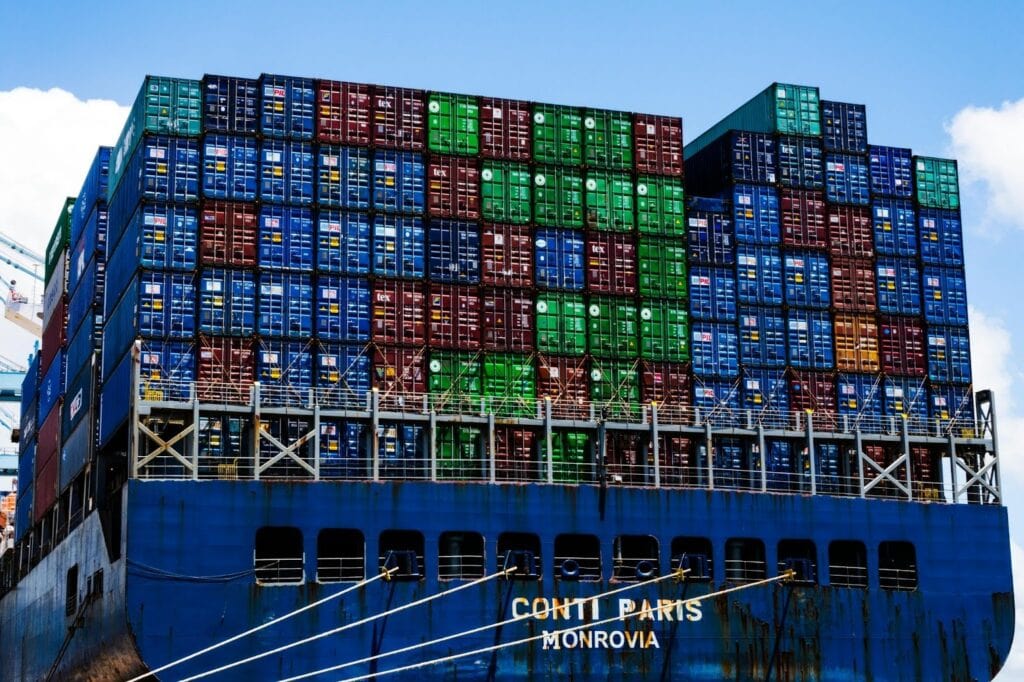
Supply Chain Bottlenecks: Causes, Challenges, and Resolutions
A supply chain bottleneck occurs when one part of the supply chain slows down or halts the entire process, disrupting the flow of goods and services. These bottlenecks can create serious problems for businesses, delaying production and deliveries, which can directly impact profitability and customer satisfaction. In modern supply chains, identifying and addressing these bottlenecks […]
Read More
Absorption Costing: Definition, Formula, and Tips
Absorption costing is a crucial managerial accounting method that captures all manufacturing costs involved in producing a product. It includes direct materials, direct labor, fixed manufacturing overhead, and variable manufacturing overhead, providing a full picture of production costs. This method ensures accurate product pricing and compliance with accounting standards like GAAP, making it vital for […]
Read More
5 Types of Quality Management Systems Explained
Different types of quality management systems, such as Total Quality Management, Six Sigma, and ISO standards, play a vital role in helping businesses achieve operational excellence and meet industry standards. Implementing quality systems enhances quality control, and promotes continuous improvement.
Read More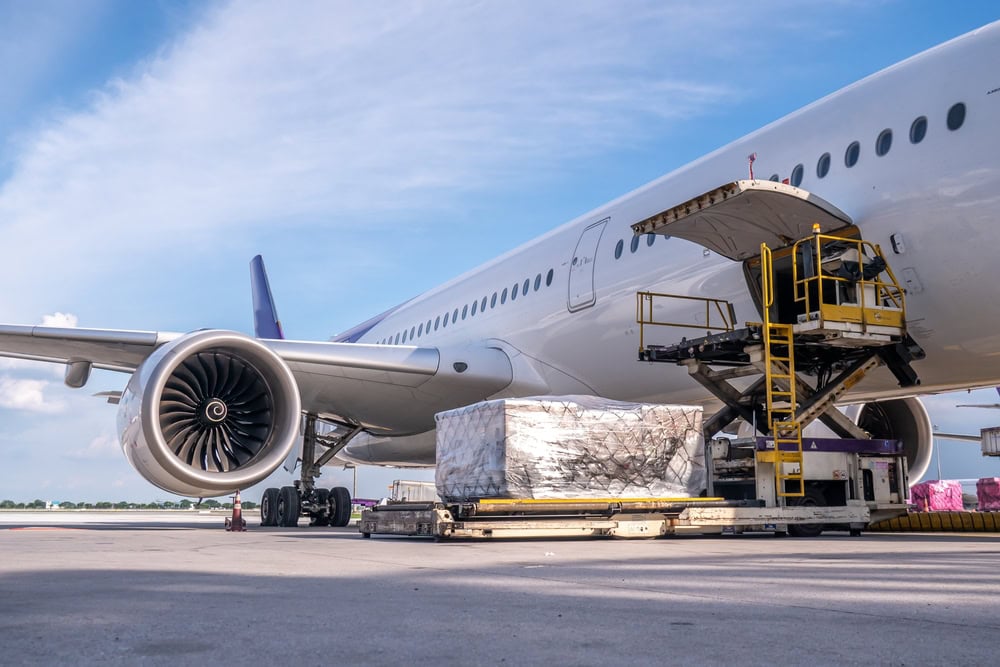
10 Leading Air Cargo Partners You Should Consider
Choosing the right air cargo provider can significantly impact a company’s logistics performance and customer satisfaction. By evaluating each provider’s capabilities, services, and alignment with current trends, shippers can find the best fit for their needs in today’s fast-paced global market.
Read More
Landscaping Box Trucks: Essential Features and Benefits
The right landscaping box truck brings value to your business, helping you manage materials efficiently and leave a professional impression on every job.
Read More
Perfect Order Fulfillment: Explanation, Tips, and How to Improve
Achieving perfect order fulfillment is crucial for businesses aiming to improve both customer experience and customer retention. By ensuring orders delivered are accurate, with correct invoices and accurate documentation, companies can minimize imperfect orders and reduce the likelihood of customer fails.
Read More
Micro-Fulfillment Explained: Key Benefits and Strategies for Ecommerce Success
Discover the key benefits of micro fulfillment and essential insights for businesses looking to enhance efficiency and customer satisfaction.
Read More
9 Types of Manufacturing Processes Every Business Should Know
Businesses rely on different types of manufacturing processes to create products, and each method serves a specific purpose. From turning raw materials into finished goods to producing at scale, manufacturing plays a critical role in meeting consumer demand across various industries. These manufacturing techniques vary based on the nature of the product, required output, and […]
Read More